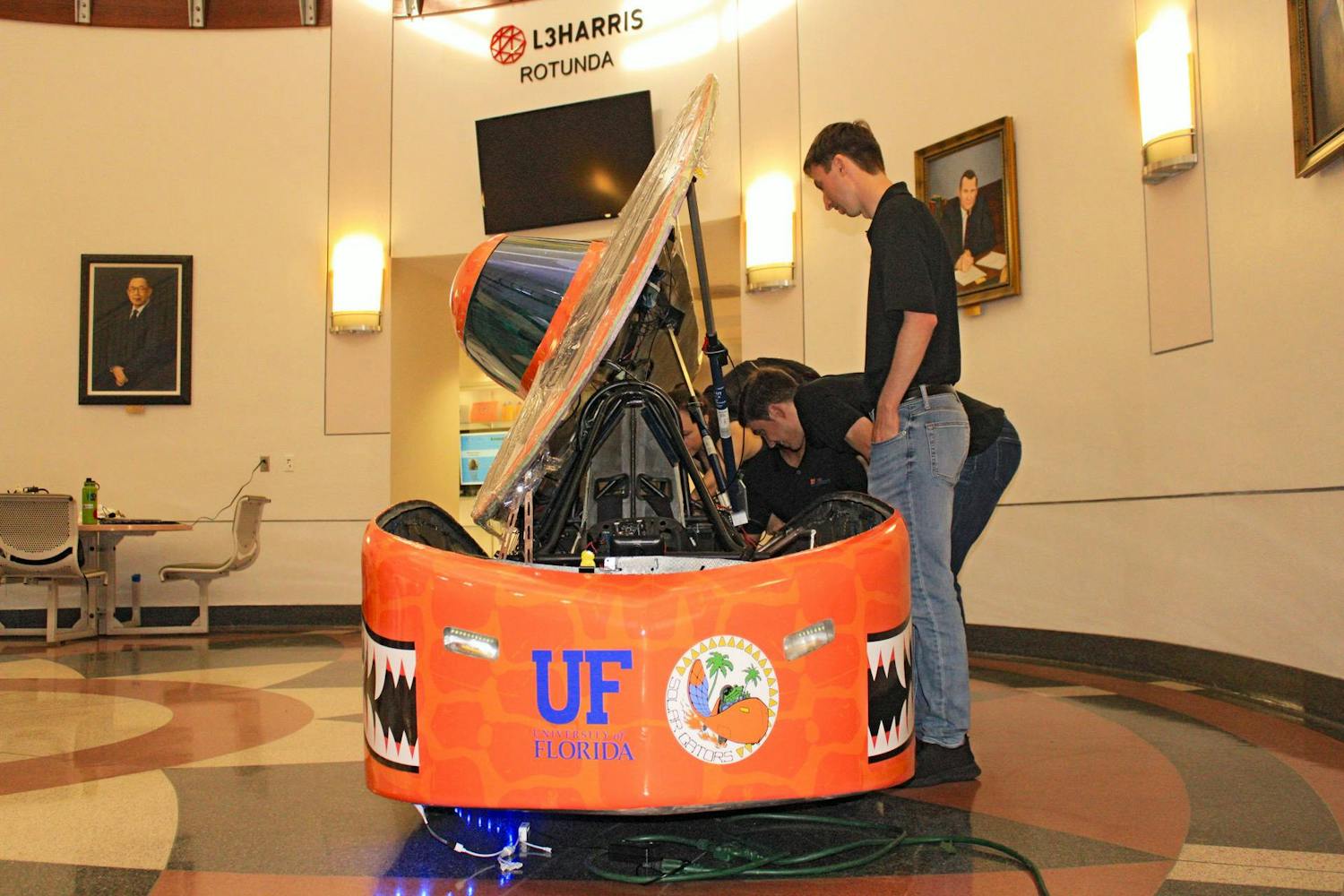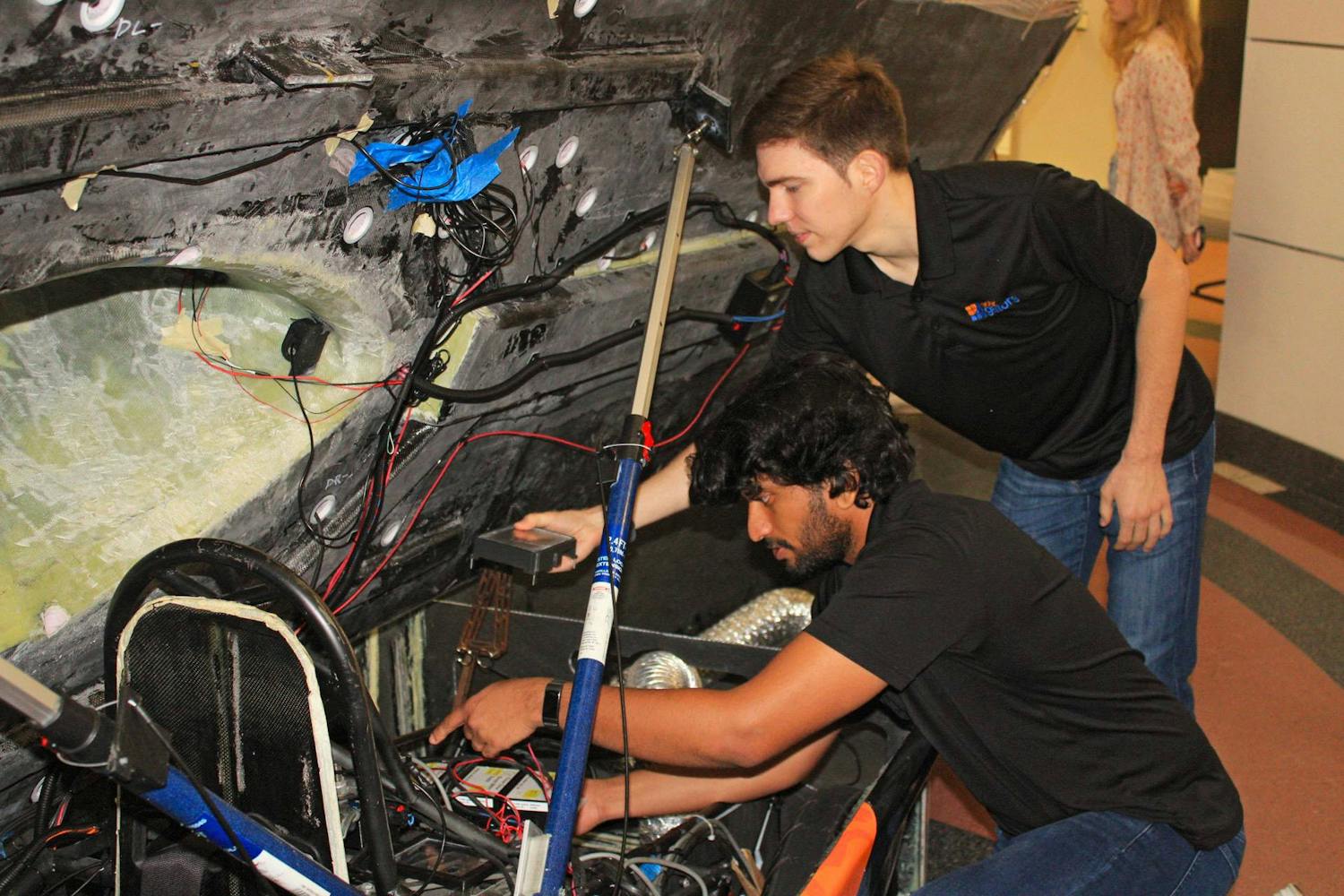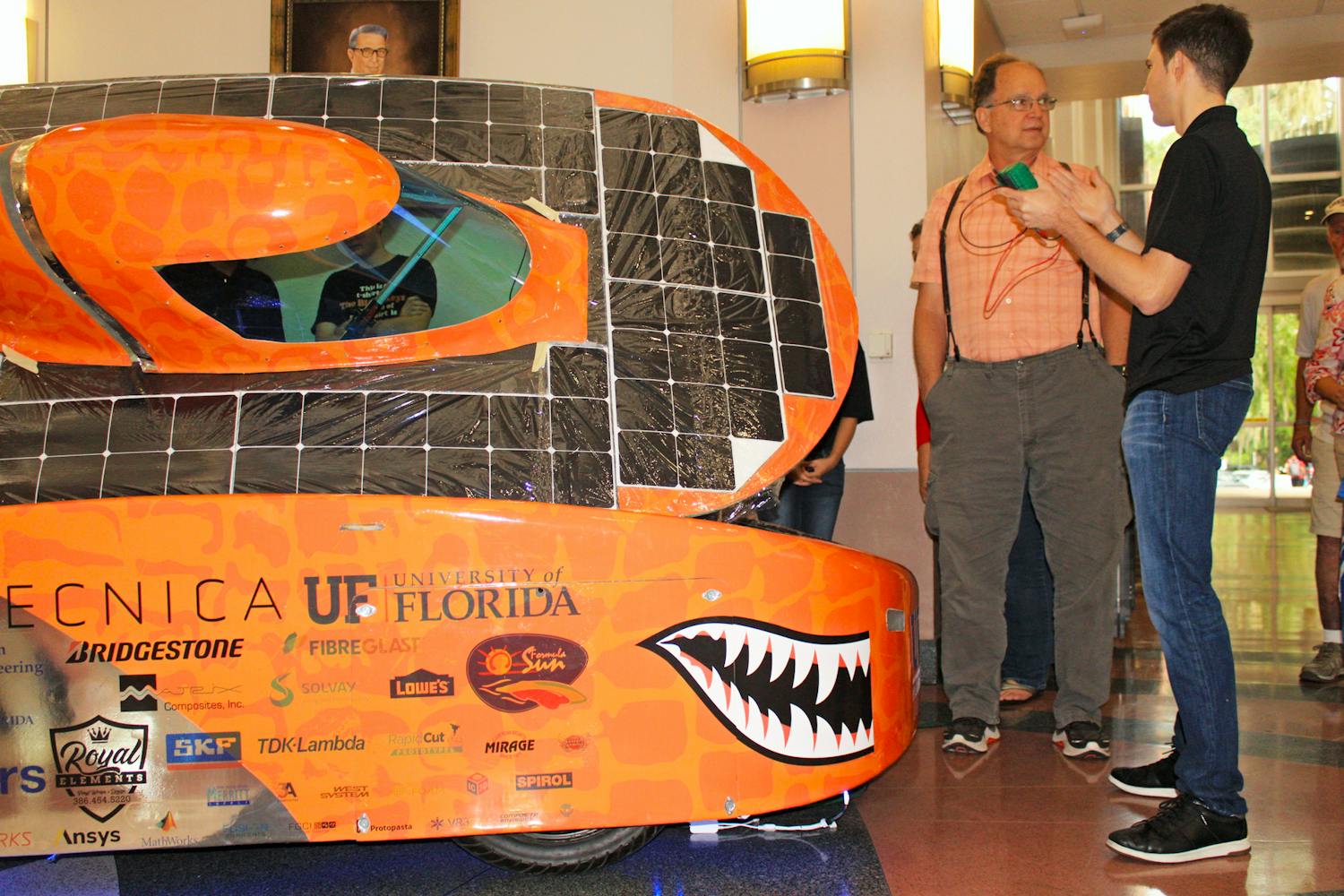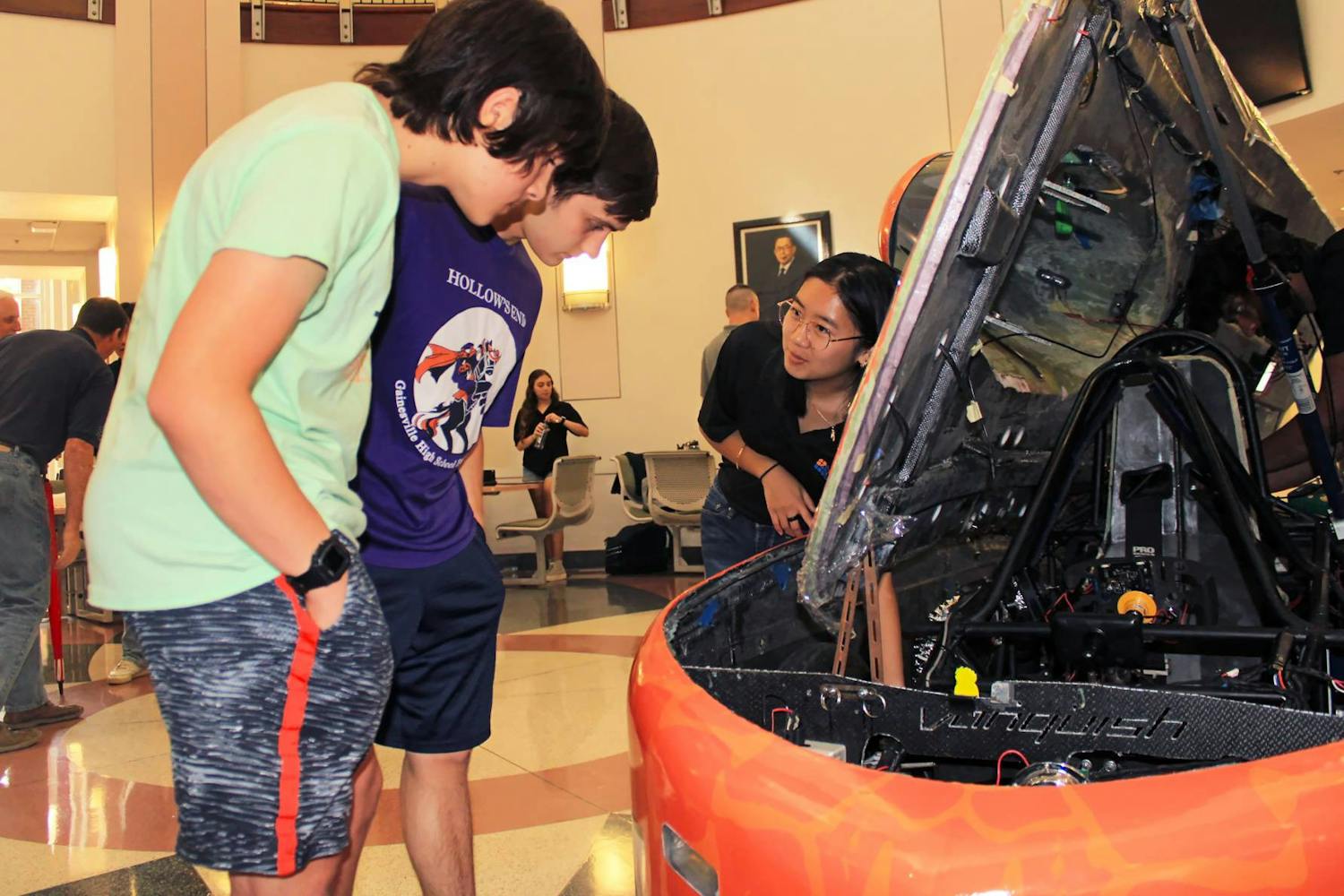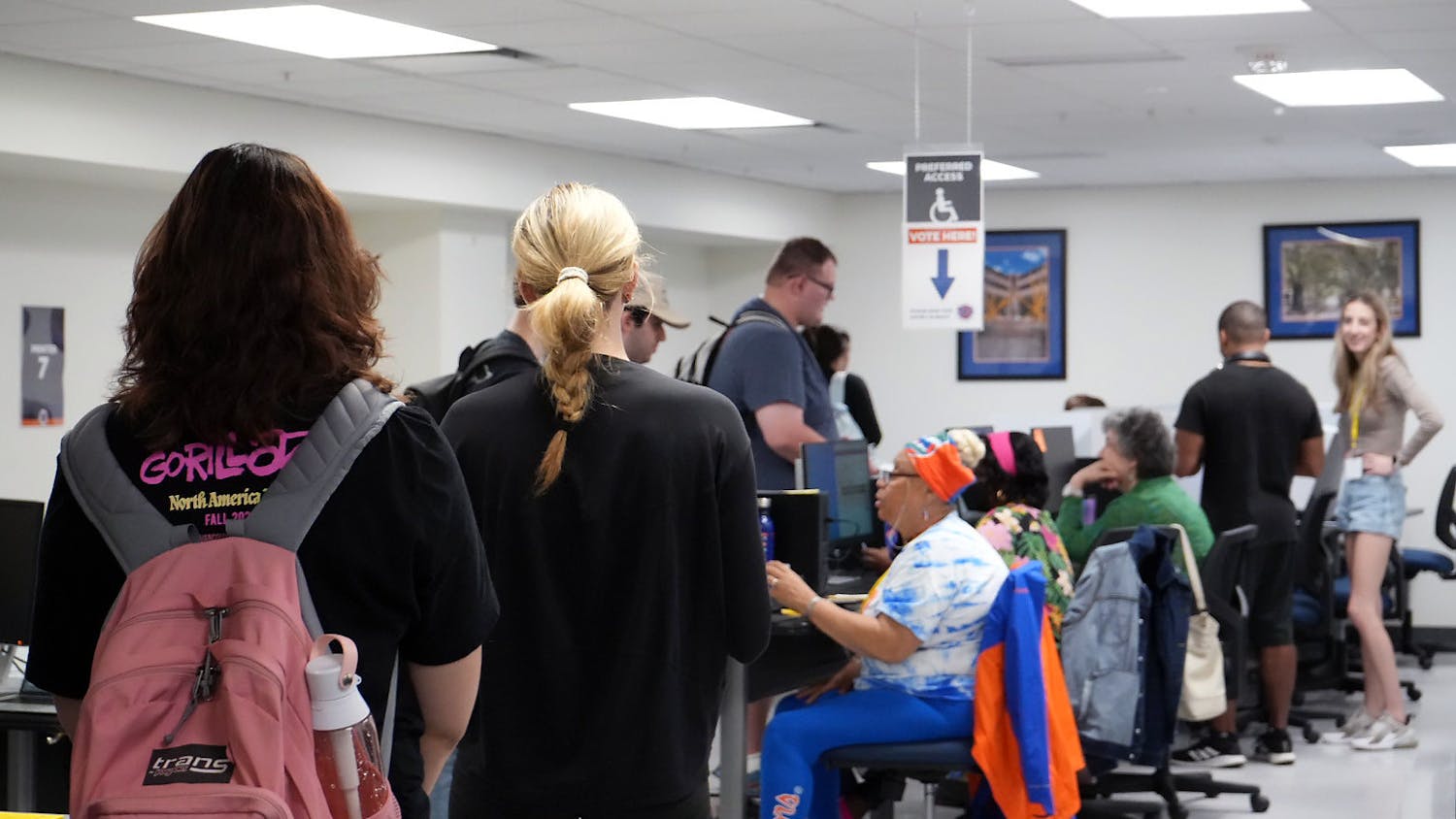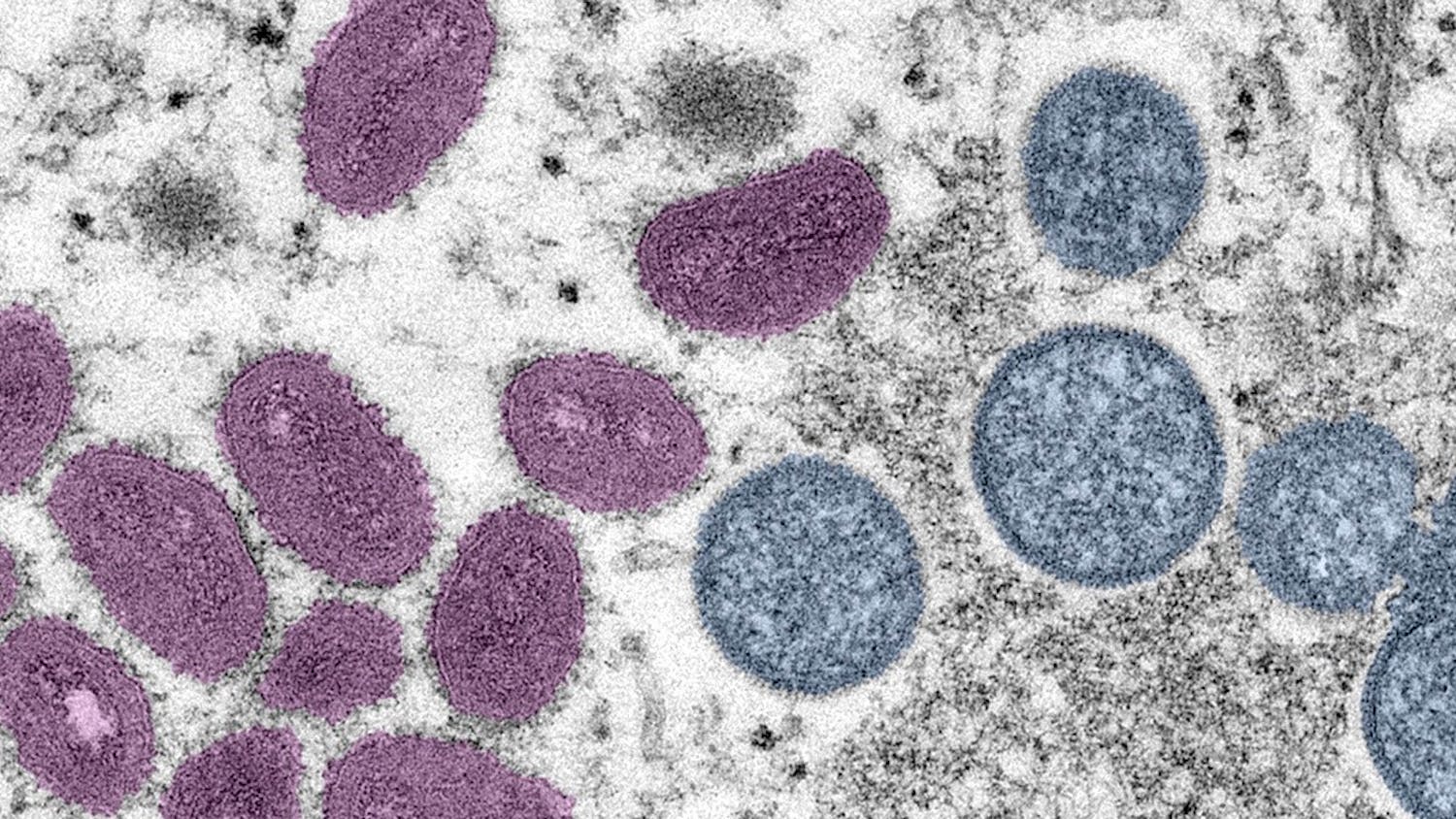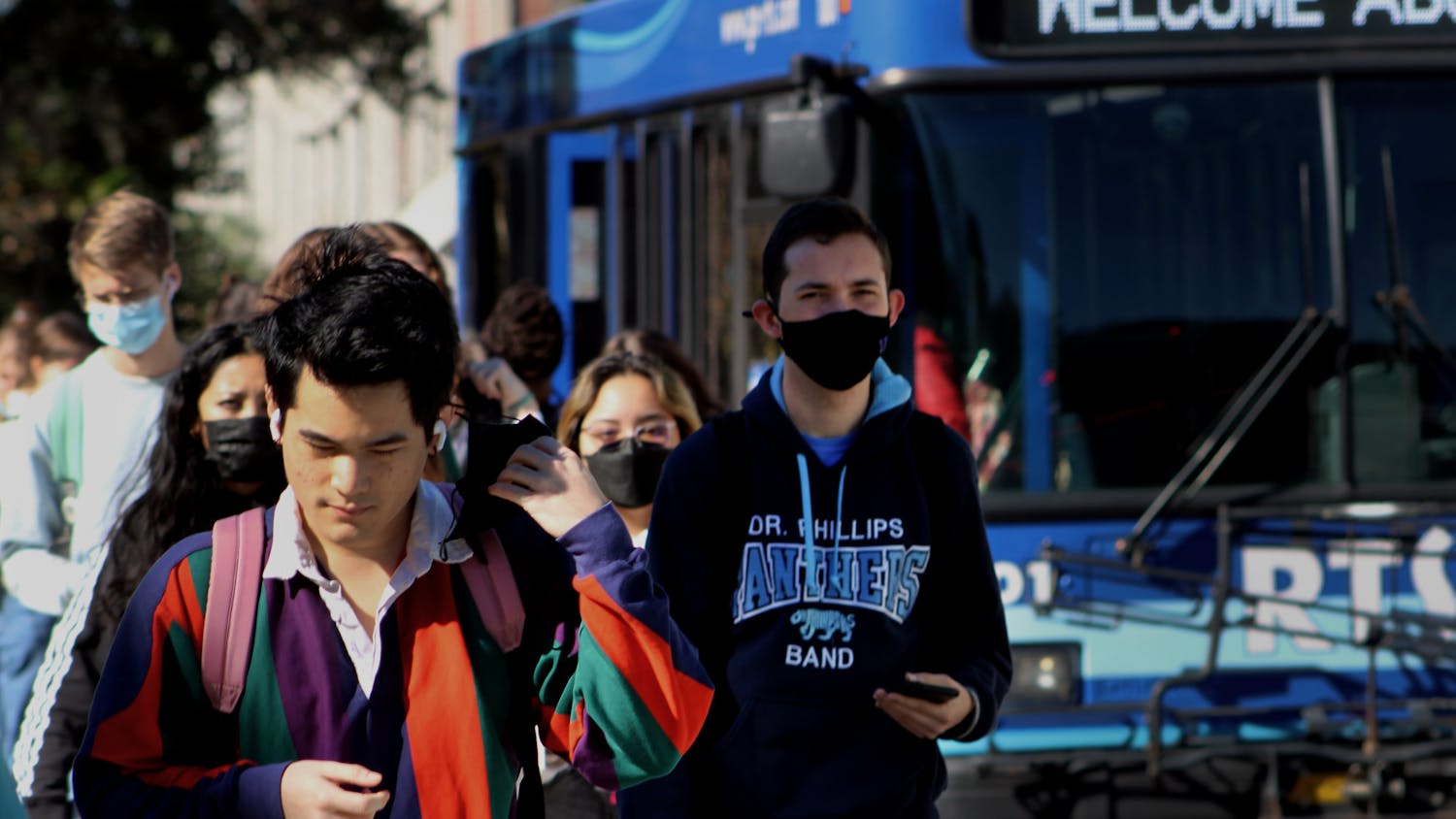Powered by the sun and innovation, the UF Solar Gators took home a first-place trophy from the Electrek Formula Sun Grand Prix for the first time.
The Solar Gators competed against 11 other colleges, including Northwestern, from June 27 to July 2 in Topeka, Kansas.
Competing teams were judged on car dynamics, safety and driver's skill during the three-day event. The prix had two driving classes: single-occupant vehicle and multi-occupant vehicle.
The team that drove the most miles over three days won the race.
The Solar Gators placed first in the single-occupant vehicle race. The car, Sunrider, completed 283 laps.
The team also won the awards for “Most Improved” and “Aesthetics.”
Sunrider lasted almost 200 miles longer than last year’s single-occupant winners and this year’s second-place victors, Principia College’s RA XI team.
In years prior, the Solar Gators and its car struggled to perform and often finished last or second to last in the race.
Similar to other areas of motorsport, the technology developed for the Solar Powered cars goes beyond the collegiate competition. Instead, it shows the possibilities created by solar cell and battery technology advancements and other possible innovations made available by developing technologies.
Christian Michealis, a 22-year-old UF electrical engineering Senior, believes the success of the race came from the car’s mechanics. In past races, the car’s speed maxed out at 30 miles per hour. Now, with better technology, the team has pushed the car up to 60 miles per hour.
“Our entire electrical system is pretty proprietary and advanced,” Michealis said.
Ellie Alderman, a 19-year-old UF mechanical engineering junior, recently joined the team and had a great first experience at the race despite initial struggles, she said.
“Everyone just had a big relief moment,” Alderman said. “I just had a blast, honestly.”
The Solar Gators aren’t stopping at the grand prix. Going forward, the team’s sights are set on the American Solar Challenge, a cross-country endurance race spanning more than 1,500 miles held every two years. The grand prix served as a qualifier for the race, and this year would be the first time the team could compete in the challenge.
The Solar Gators dealt with several issues leading up to the competition, from teammates graduating to supply chain delays. Despite the challenges, the team won the competition for the first time.
Leading up to the races, the cars undergo a “scrutineering” process to qualify. The Solar Gators were one of only five teams that passed without needing to improve its car, which granted the team an extra day to prepare.
Irene Chung, a 21-year-old UF chemical engineering senior and incoming Solar Gators president, said the extra day helped the team to prepare them for the race after they finished screening.
The competition was the first time the entire car had been assembled, Chung said.
Chung and her other teammates are thankful for the alumni network’s support and advice on the race day. The network, composed of alumni who haven't been on the team for years but keep returning to the event because of their love for the Solar Gators and their work, were crucial to this year’s success.
“They keep helping us and we think that's really great,” Chung said.
She also accredited the success of the team to its diversity.
”The sharing of new ideas, new perspectives, helps us be a better team overall and helps us do better and innovate,” she said.
Contact Sally at sbrown@alligator.org. Follow her on Twitter @sabrown_22.


